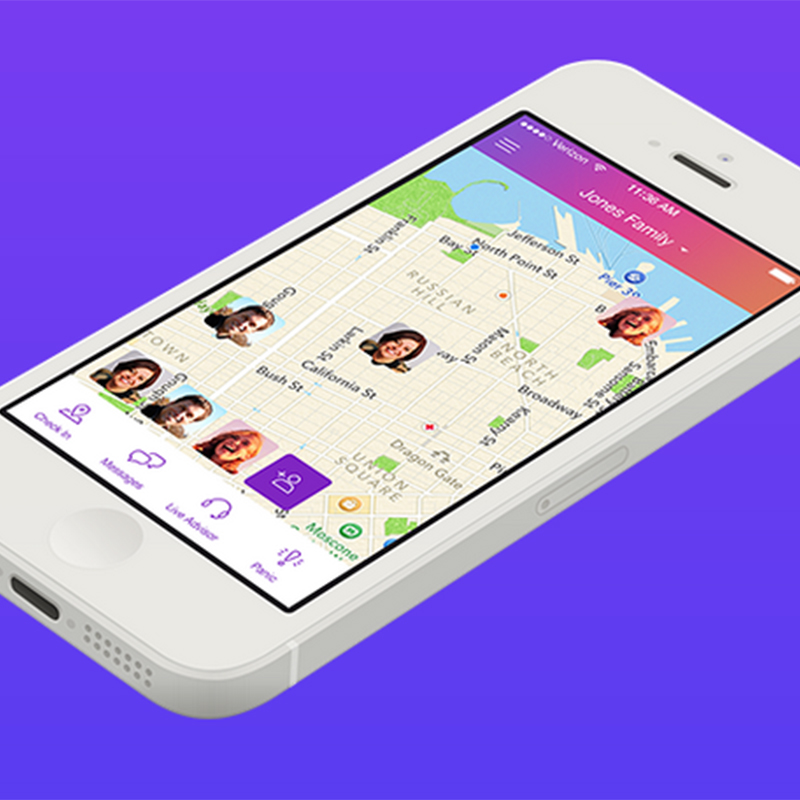- Study Says Most Parents Don’t Use Car Seats In Ride Share Vehicles Like Uber
- This 12-Year-Old Boy Is A Sophomore Aerospace Engineering Major!
- Fire Safety Experts Warn Of Hand Sanitizer Danger After A Mom and Kids Escape House Fire
- Recall Alert: Peaches May Be The Cause Of Salmonella Outbreak, 68 People Ill
- Summer Vacation In The Days Of COVID: Tips To Stay Safe
- How To Safely Grocery Shop During The Coronavirus Pandemic
- Michigan Teen With Vape-Related Illness Undergoes Double Lung Transplant
- Teen Kicks Off Anti-Vaping Campaign From Hospital Bed
- Teenager Receives Life Sentence For Strangling Sister To Death Over A Wi-Fi Password
- Toddler Falls To Death From 11th Deck of Cruise Ship
Check-In Safety App For Kids


When 15-year-old Carly Ryan was lured into meeting up with an online sexual predator in 2006 and then brutally murdered, her mother, Sonya, made it her life’s mission to prevent other innocent children in Australia from meeting the same fate.
Sonya went on to create the Carly Ryan Foundation as a way to spread awareness for online safety for children. But she also helped establish a groundbreaking smartphone app that is helping kids and parents stay connected — and safe — on a daily basis.
Together with South Australian government, the Carly Ryan Foundation launch the Thread app, which is also endorsed by the Australian Federal Police. The Thread app actually has two primary purposes: 1) To serve as a communication device between parents and kids and 2) To be used as an emergency contact device that alerts people when a child is in trouble.
Although the Thread app isn’t available in the U.S., there are a few similar options out there that parents can take advantage of in the states.
Sygic’s Family Locator app provides real-time locations of your children on a map. This map function also allows parents to set safe and unsafe zones on the map, and to receive alerts if unsafe zones are entered. With Family Locator, parents can keep in touch with instant messaging, too. And in case a younger child ends up lost, he can simply tap an SOS button, which will immediately send mom and dad his exact GPS location.
Another check-in app available in the U.S. is called Life360. As with Family Locator, this app features a real-time map of family members. It can also notify you when family members come and go to work, school, home and more. A convenient chat option enhances this communication and an emergency button helps put parents’ minds at ease.
In addition to staying connected with kids with apps like Thread, Family Locator or Life360, parents can also keep children safe from predators by helping them learn and practice healthy online habits.
- Keep it anonymous. Make sure Facebook and other social networking accounts are set to private, and never accept “friendships” online from people you don’t know. Make sure to check privacy settings regularly to ensure information stays private. Never share your address or phone number online.
- Keep passwords safe. Never share your password with friends, and don’t keep them in notes on your smartphone, either.
- Stop and think before posting photos. Everything you post online is permanent in some way. Will your photo draw unwanted attention from people? Will you be happy if other people see it, other than the person it was intended for?
For even more online safety tips, visit the Carly Ryan Foundation’s website, or read this helpful article on what every parent should know about Internet safety.









0 comments